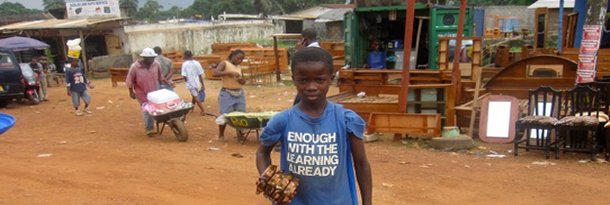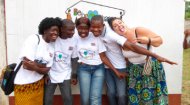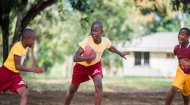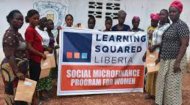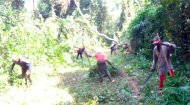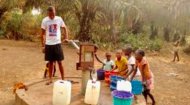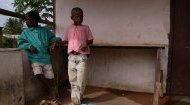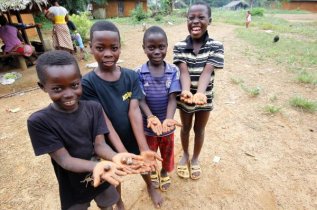|
Volunteer Work Liberia |
Volunteer Work Liberia |
Volunteer Work Liberia | Volunteer Work Liberia |
|

Types of Volunteer Work in Liberia The scope of types of work and types of opportunities for volunteers in Liberia is broad, reflecting the multifaceted needs of the country. Whether you possess specialised skills or simply a willing heart, there’s a place for you to contribute. Healthcare and Public Health: The Liberian healthcare system is still recovering from years of conflict and the Ebola crisis, making this a critical area for volunteer support. Doctors, nurses, physician assistants, and medical students can assist in clinics and hospitals, providing direct patient care, conducting health screenings, and participating in medical outreach programs. Volunteers with backgrounds in public health are crucial for educating communities on hygiene, sanitation (WASH programs), disease prevention (e.g., malaria, HIV/AIDS), nutrition, and maternal and child health. Training local health workers, assisting with medical record keeping, and helping to secure medical supplies are also vital roles. Education and Youth Development: Education is a cornerstone of recovery and future prosperity. Many schools lack adequate resources, trained teachers, and proper infrastructure. Volunteers can teach various subjects (English, Math, Science, IT) at primary, secondary, or vocational schools. Opportunities also exist for developing educational materials, assisting with lesson planning, and introducing creative learning methodologies. Teacher Training: Experienced educators can work with local teachers to enhance their pedagogical skills, classroom management, and subject matter expertise. Assisting with the renovation or construction of classrooms, libraries, and sanitation facilities is another common and impactful opportunity. Youth Empowerment Programs: Working with NGOs that focus on after-school programs, mentorship, life skills training, and recreational activities for at-risk youth. Community Development and Infrastructure: Volunteers with agricultural knowledge can assist in promoting sustainable farming practices, improving crop yields, livestock management, and establishing community gardens to combat food insecurity. Water, Sanitation, and Hygiene (WASH): Projects often involve helping communities access clean drinking water, construct latrines, and educate on proper hygiene practices to prevent waterborne diseases. Construction and Renovation: Opportunities exist for those with construction skills (or even just enthusiasm) to help build homes, schools, clinics, and community centres. Economic Empowerment: Assisting with microfinance initiatives, small business development, vocational training, and entrepreneurship programs helps create sustainable livelihoods. Social Work and Human Rights: Addressing the social fabric of a post-conflict society is paramount. Support for Vulnerable Populations: Working with orphans, street children, women's groups, or individuals affected by trauma. This can involve counseling, advocacy, and providing direct support services. Gender Equality and Women's Empowerment: Assisting organizations that focus on women's rights, combating gender-based violence, and promoting women's participation in leadership and economic activities. Peacebuilding and Reconciliation: Contributing to initiatives that foster social cohesion, conflict resolution, and community dialogue. Environmental Conservation: Liberia's rich biodiversity, including its rainforests, is under threat.
Conservation Projects: Assisting local organisations in protecting wildlife, engaging in reforestation efforts, and promoting environmental education within communities. |
